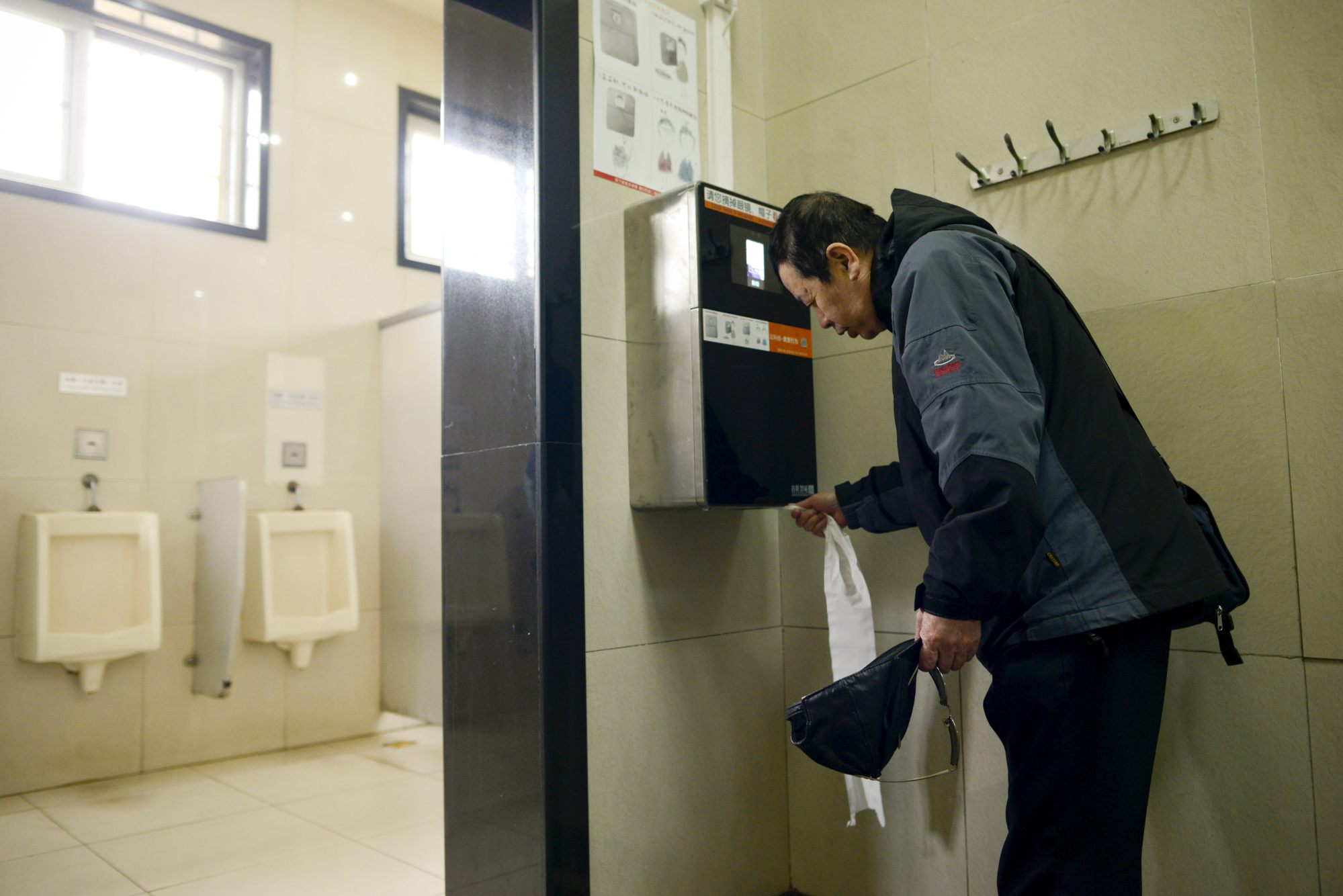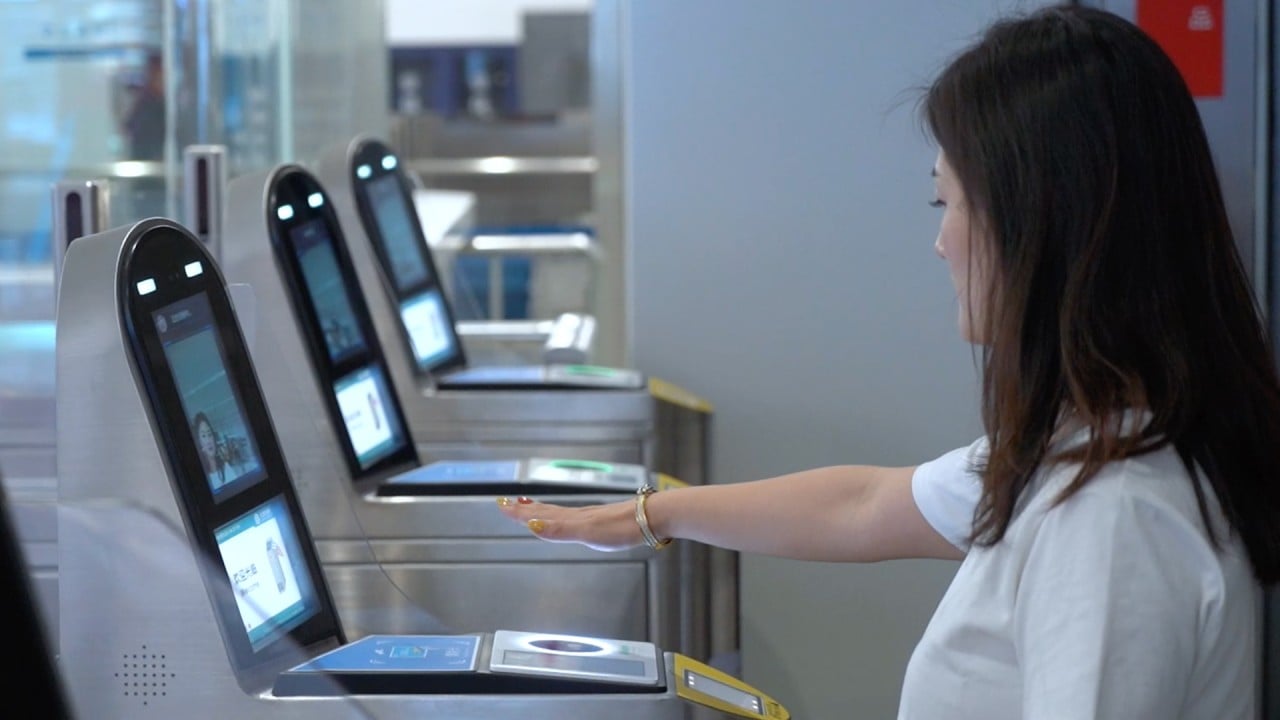
Not a good look: China should turn away from too much facial recognition
- The rollback of face scanning in hotels across the country is a good start
- Citizens’ concerns about privacy in sectors including finance and transport must also be addressed
The rollback of facial recognition is certainly a positive development. Overuse of the technology is not good for citizens, foreign tourists and indeed, the country itself.
Even before Dai’s proposal, the Cyberspace Administration of China had issued draft rules last August addressing public concerns over excessive use of facial recognition. The rules stress that facial recognition technology can only be used “where there is a specific purpose and clear necessity”.
Public opinion is divided on the widespread use of facial-recognition cameras: some are worried, others are unfazed. There are those who like to say, if you haven’t done anything wrong, you have nothing to fear.
I don’t agree with this line of argument. Unnecessary face scanning should be avoided. Unlike other forms of data, faces can’t be encrypted or easily changed. So if facial data is breached, it could be used criminally, such as for identity theft and stalking. The country’s general lack of transparency only adds to the doubts.
China has been accused of using such technology to profile and, in some cases, persecute Uygurs. This has damaged the country’s reputation.
To be fair, facial recognition technology is new, and different countries have different approaches to surveillance and privacy protection.

In a 2022 study of more than 40 countries, technology website Comparitech found that most of the countries were actively surveilling their citizens, while only five countries, including Ireland, France and Norway, had “adequate safeguards”. Several countries, notably China and Russia, were regarded as surveillance states.
It is said that mass surveillance is intended to protect the public, for it leaves “criminals with nowhere to hide”. But do we really need surveillance cameras on every street corner? China is quite a safe country with a low crime rate.
At the same time, the fact that Li’s remark sparked a debate is enough indication that not all Chinese have such a relaxed attitude to privacy, in spite of the stated benefits of mass surveillance. A 2016 survey on internet user rights found that 54 per cent of Chinese internet users regarded personal data breaches to be a serious issue in the country, and 21 per cent of them consider it to be very serious.
I would say that the Chinese, especially those who are younger and educated, increasingly care about privacy. The rollback of mandatory face scanning was probably for the benefit of foreign tourists, but I hope citizens’ privacy will become an equally important consideration. Beyond the tourism sector, people’s complaints about privacy violation in other areas such as finance and transport should also be addressed. Little benefit will accrue to China from reinforcing the impression that it is an Orwellian surveillance state.
Lijia Zhang is a rocket-factory worker turned social commentator, and the author of a novel, Lotus


